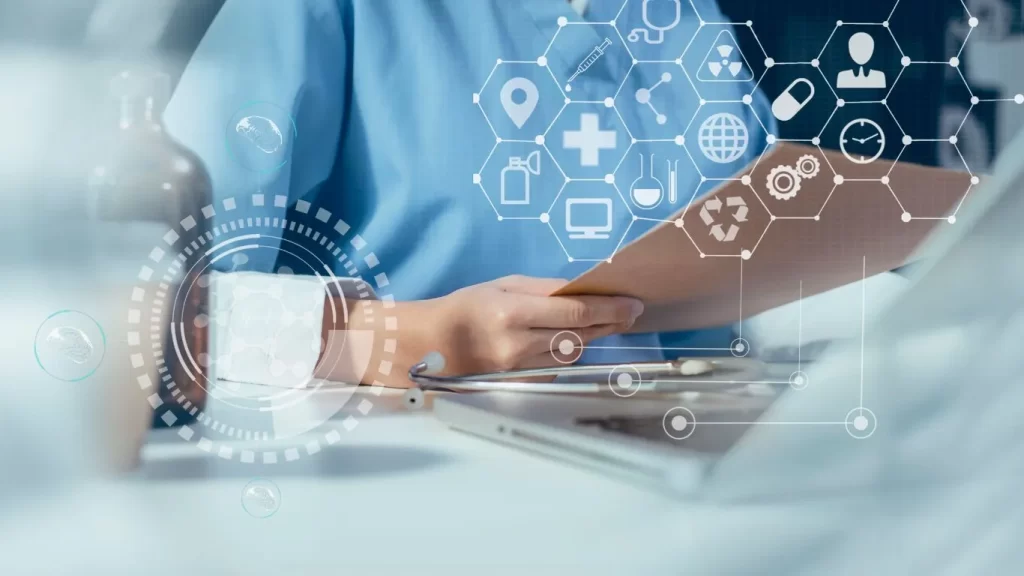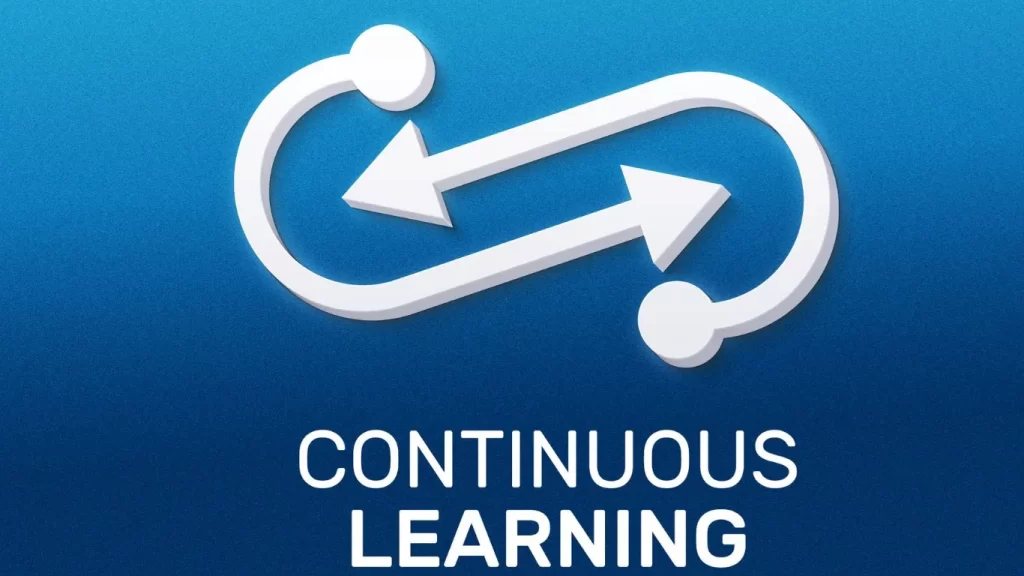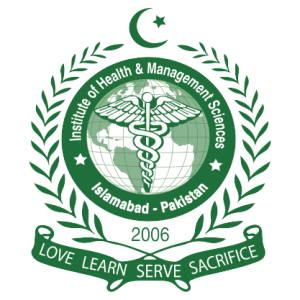Table of contents
Introduction
Pharmacy technicians play a vital role in the healthcare system, acting as unsung heroes behind the scenes. They work closely with pharmacists and other healthcare professionals to ensure that patients receive safe and effective medications. In this article, we will explore the historical perspective of pharmacy technicians, how their role has evolved over the years, answer some frequently asked questions about their profession, and shed light on the pharmacy technician career path.
Historical Perspective
The profession of pharmacy technicians dates back several decades. Originally, they were known as “pharmaceutical assistants” and were primarily responsible for preparing prescriptions under the supervision of licensed pharmacists. As time went by, their roles began to expand.
Over the years, advancements in medical technology and increased patient load prompted pharmacies to rely more heavily on Pharma Techs for various tasks. Their responsibilities now include receiving medication orders from doctors or patients’ electronic health records (EHRs), counting pills, or measuring liquids accurately according to prescription specifications using computerized dispensers or manual methods (with pharmacist approval).

The Evolving Role of Pharmacy Technicians
The evolving nature of healthcare has led to significant changes in the role pharmacy technicians play today. Here are a few ways their contributions have evolved:
- Expanded Responsibilities: In addition to preparing medications accurately and efficiently, pharmacy technicians now assist with clinical tasks such as collecting patient information for medication profile reviews and liaising with insurance companies.
- Technology Integration: With technological advancements in healthcare systems like EHRs and automated dispensing machines becoming commonplace within pharmacies today? Being highly efficient has become an essential aspect of a modern-day technician’s job.
- Medication Safety Advocates:?As integral members of interdisciplinary teams; sometimes including nurses plus physicians?- they collaborate towards enhancing transparency and ensuring medication safety throughout all stages.
As both management-level professionals become busier with w/treatment adherence due diligence duties, pharmacy technicians increasingly fill in the role gaps.
Daily Responsibilities and Behind-the-Scenes Efforts
Pharmacy technicians carry out various critical tasks on a daily basis that contribute directly to patient care. Some common responsibilities include:
1. Medication Preparation: Pharmacy technicians assist pharmacists by preparing prescriptions accurately according to dosage instructions from physicians.
2. Inventory Management: They maintain stock levels by ordering medications and supplies when needed while ensuring proper storage methods.
3. Prescription Processing: Pharmacy technicians process electronic or paper prescriptions swiftly while verifying insurance coverage details.
4. Labeling Medications: They label prescription containers precisely with clear directions for use based on pharmacist guidelines.
5. Patient Safety Measures: Pharmacy technicians ensure that all medication is correctly labeled, contains the appropriate dosage, and verifies expiration dates.
6. Adherence Packaging: They may also be involved in preparing specialized packaging for patients who require a simplified regimen.
The efforts of pharmacy technicians go beyond these tasks, extending to quality control measures, such as checking for drug interactions or allergies flagged by the system, reviewing patient profiles to identify possible issues with medications prescribed concurrently, and collaborating with pharmacists to resolve any concerns promptly. In this way, pharmacy technicians act as additional safeguards to minimize errors and uphold patient safety.
Interpersonal Dynamics and Patient Interaction
While their behind-the-scenes work is crucial, pharmacy technicians also serve an essential role in interacting directly with patients. Unlike pharmacists who often have limited time available for extensive consultations due to workflow demands, pharmacy technicians can offer valuable guidance on over-the-counter medications or general health-related queries.
Their interpersonal dynamics extend further when it comes to counseling patients about prescription medications. Pharmacy technicians serve as a bridge between the pharmacist’s expertise and the patient’s understanding. They explain medication instructions clearly using layman’s terms while addressing any questions or concerns raised by patients regarding side effects or administration guidelines.
By providing this level of personalized care and attention, pharmacy technicians contribute significantly towards building trust between patients and healthcare providers. Their presence helps ensure smooth communication and fosters a positive experience within the fast-paced setting of a bustling pharmacy.

Challenges Faced by Pharmacy Technicians
Working as a pharmacy technician presents its fair share of challenges. Balancing multiple responsibilities while navigating a busy environment requires excellent organizational skills – from managing vast inventories efficiently to consistently ensuring accuracy under pressure.
Moreover, experiencing emotional challenges can also be ingrained in day-to-day interactions with patients facing health issues or financial difficulties limiting their access to crucial medications. Pharmacy technicians must approach each encounter with empathy without compromising professional boundaries but rather explore alternative options whenever feasible.
Another challenge faced by many healthcare workers, including pharmacy technicians, is adapting to the ever-changing landscape of pharmaceutical care. With rapid advancements in medications, treatments, and technology becoming more common in the field of pharmacy, continuous learning and training are essential for these professionals to stay updated.
The Importance of Continuous Learning and Training-Pharma Techs
To provide the best possible care to patients amidst a rapidly evolving healthcare landscape, continuous learning is paramount for pharmacy technicians. New drugs emerge regularly, necessitating an understanding of their uses and potential interactions with other medications. Additionally, technological advancements such as automated dispensing systems require technicians to be proficient in using new equipment effectively.
Continuing education programs specifically designed for pharmacy technicians ensure they stay abreast of industry developments while expanding their knowledge base. These programs cover topics ranging from medication safety practices to emerging therapies. By participating in ongoing educational opportunities, pharmacy technicians can better serve patient needs by staying informed about breakthroughs that directly impact their roles within the healthcare system.

Conclusion
Pharma Techs are indeed the unsung heroes of patient care. Their dedication and expertise contribute significantly to ensuring that patients receive safe and effective medications while supporting healthcare professionals in numerous ways. As the role of Pharma Techs continues to evolve with advancements in technology and an increasing emphasis on medication safety, their importance within the healthcare system will only continue to grow. If you’re interested in pursuing a career as a pharmacy technician, there’s never been a better time!
FAQs
Pharma Techs perform a wide range of duties including:
Receiving prescription orders and verifying their accuracy
Compounding medications
Dispensing medications to patients
Managing inventory and restocking shelves
Providing customer service and answering patient queries.
Pharma Techs can find employment in various settings such as retail pharmacies, hospitals, clinics, long-term care facilities, mail-order pharmacies, pharmaceutical companies, and government agencies.
The ability of Pharma Techs to administer vaccines varies by state regulations within the USA; hence they might receive additional training or certification depending on geographical location. For instance, ensuring proper handling plus administering of intramuscular flu shots are required during winter seasons nationwide.
Absolutely! Pharma Techs actively participate while working shoulder-to-shoulder alongside various healthcare professionals providing invaluable assistance throughout the medication management process.
Their meticulous attention to detail crucially ensures that patients receive safe prescriptions while minimizing errors – thus making them integral pieces within medical institutions.
There are several pathways to becoming a certified pharmacy technician:
a) Completing an accredited training program from vocational schools or community colleges,
b) Applying for apprenticeships through pharmacies,
c) Gaining hands-on experience under duly registered pharmacists in combination with high school education completion,
Additionally, successful attainment via certification exams-Job seekers have greater opportunities toward advancing professional career growth pathways!
These courses cover topics such as pharmaceutical calculations, dispensing techniques knowledge learning & hands-on solutions related to different pharmacy settings.
Pharma Techs have a wide range of job opportunities, including:
Community pharmacies (chain or independent)
Hospitals and healthcare organizations
Long-term care facilities
Mail-order pharmacies
Pharmaceutical companies
Research institutions




